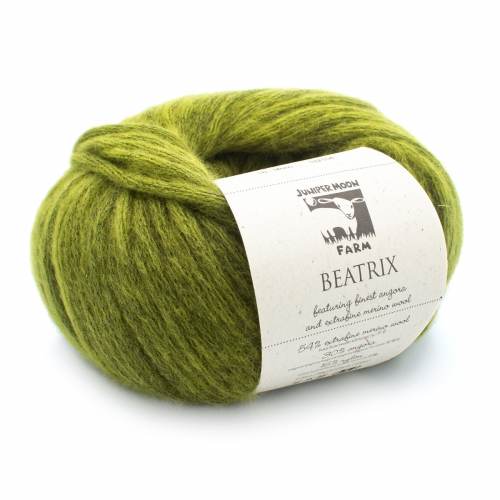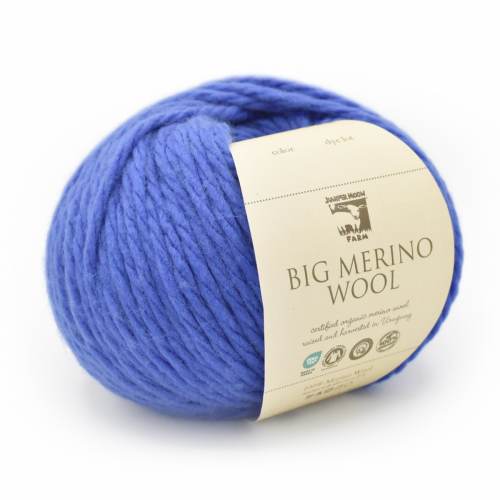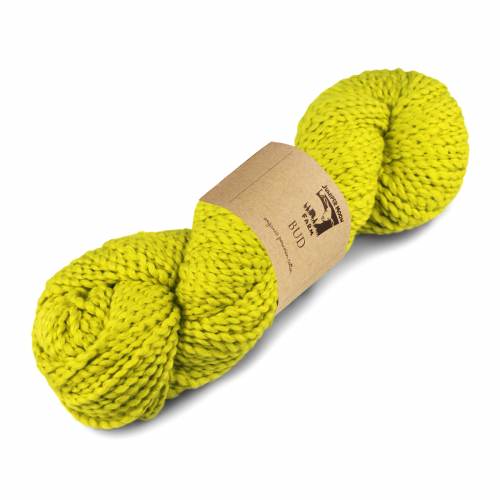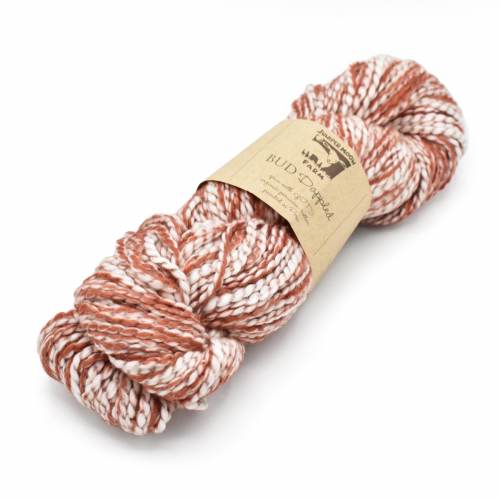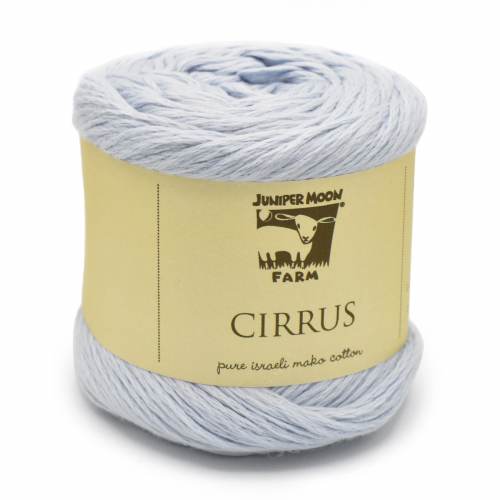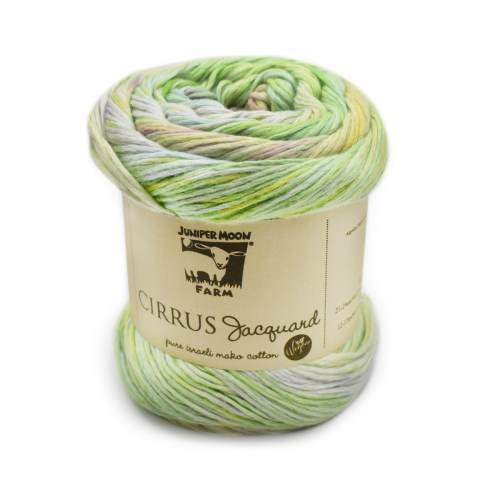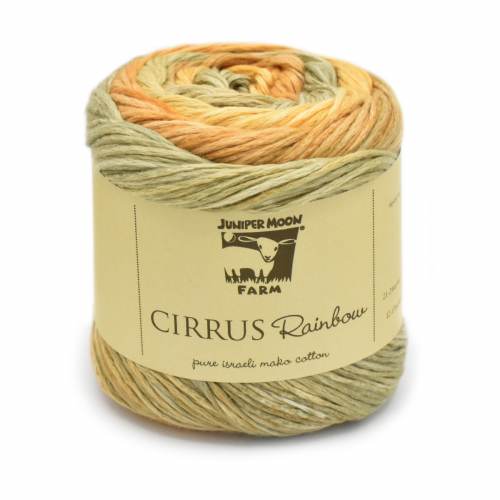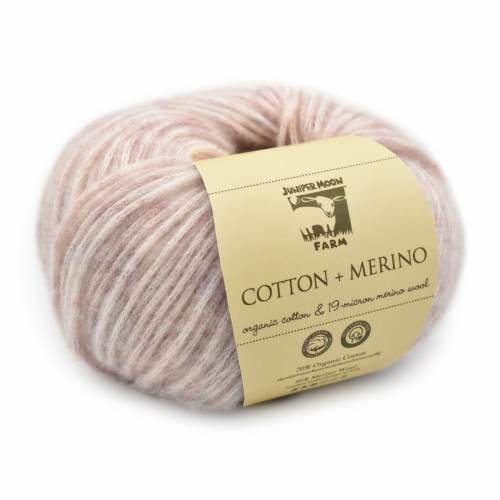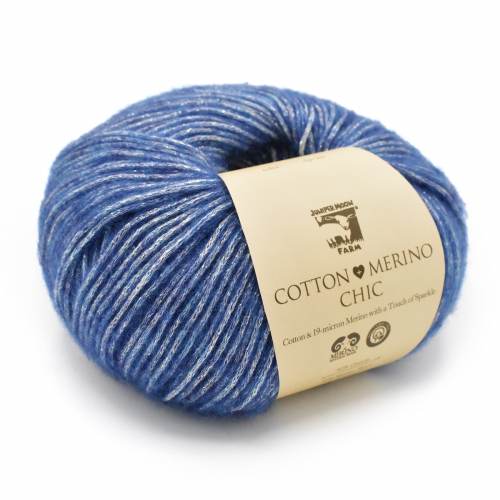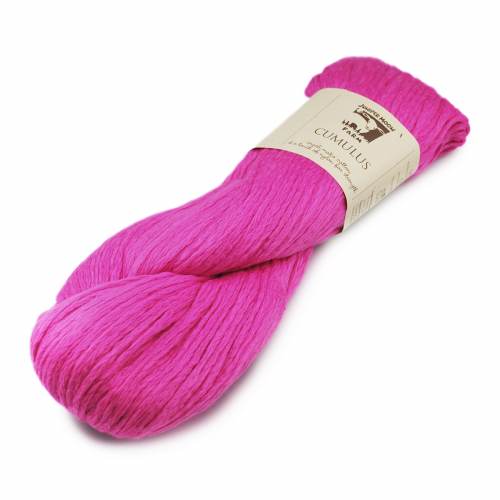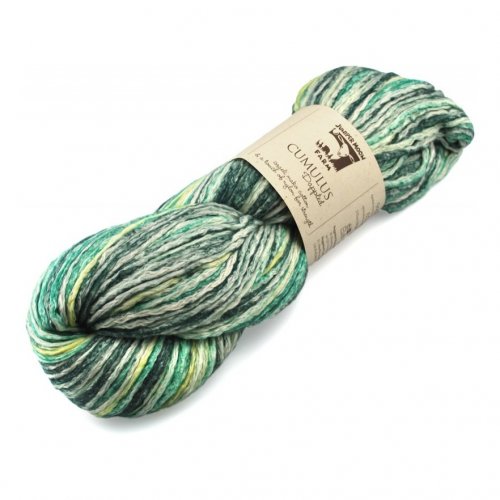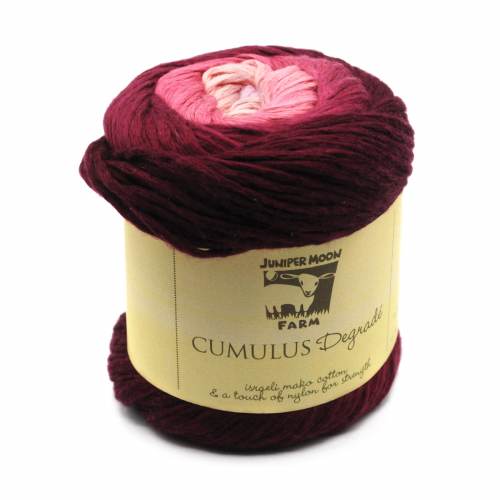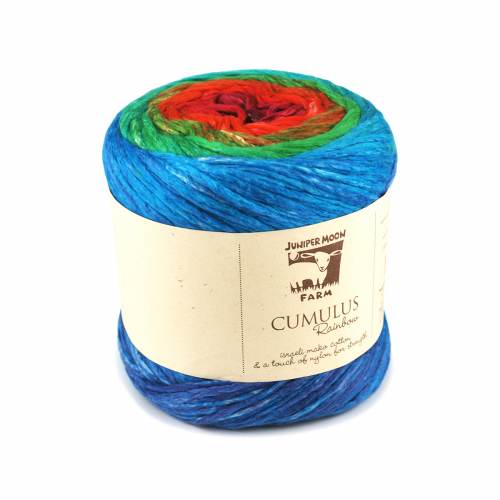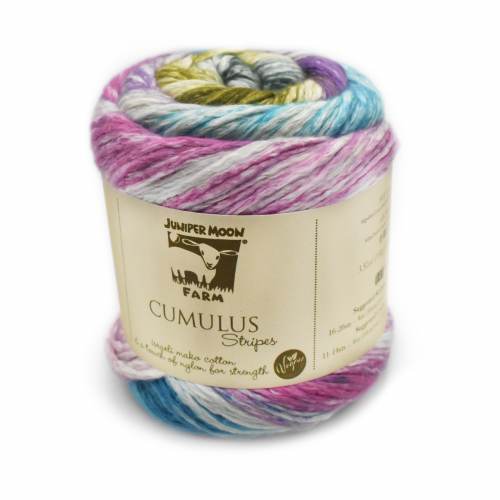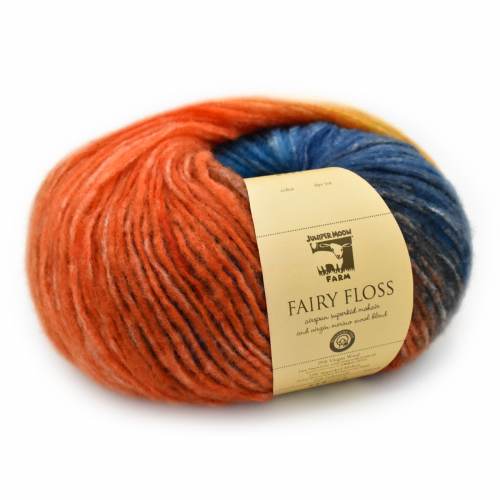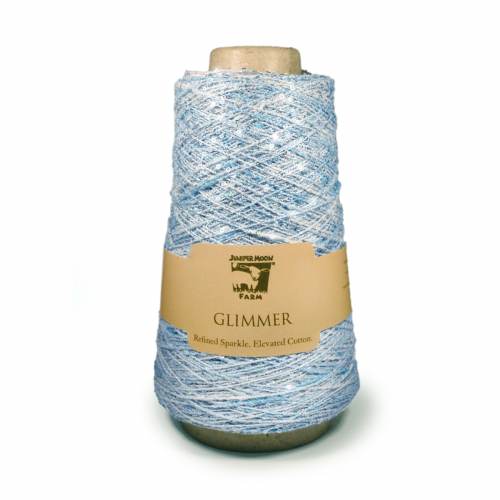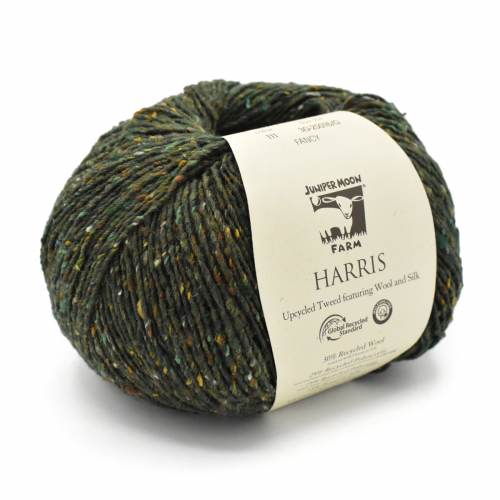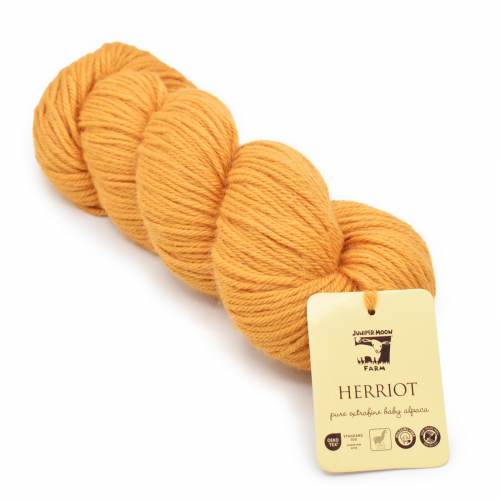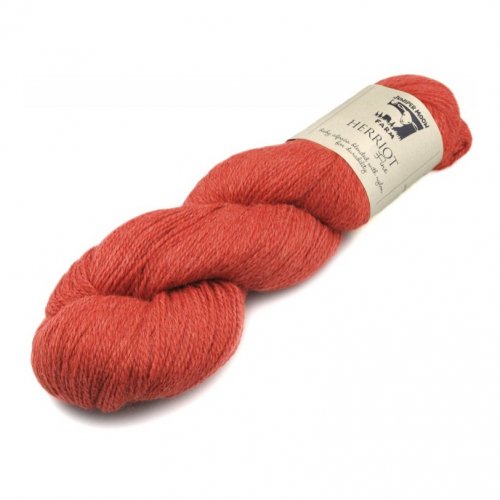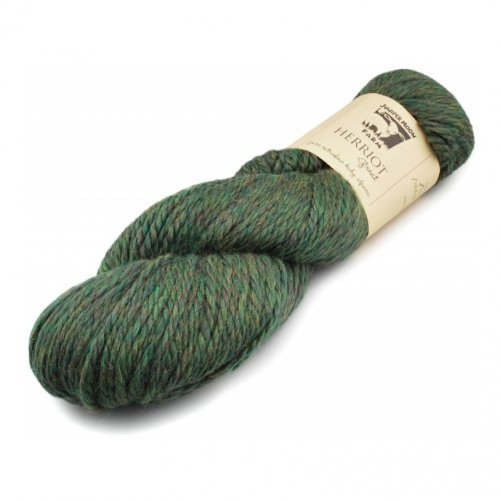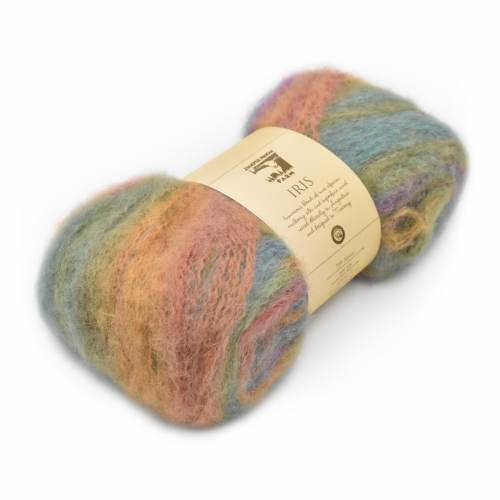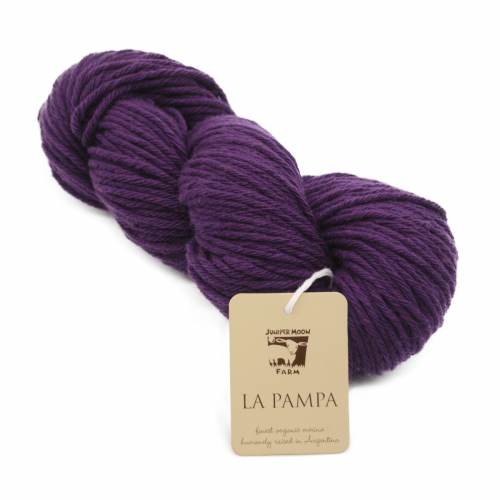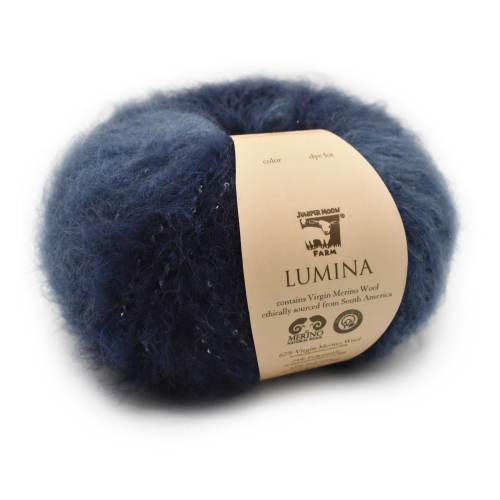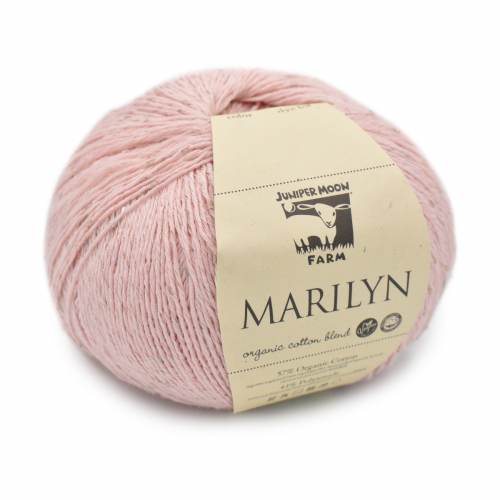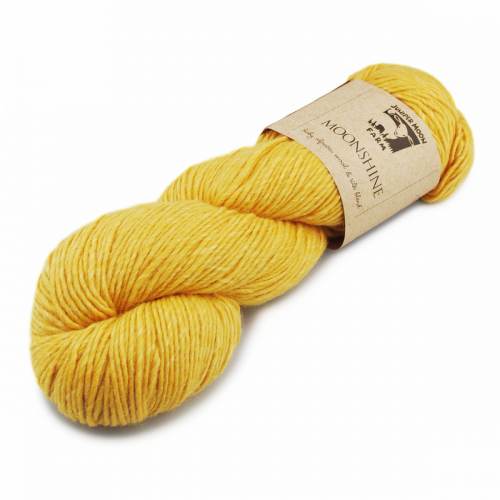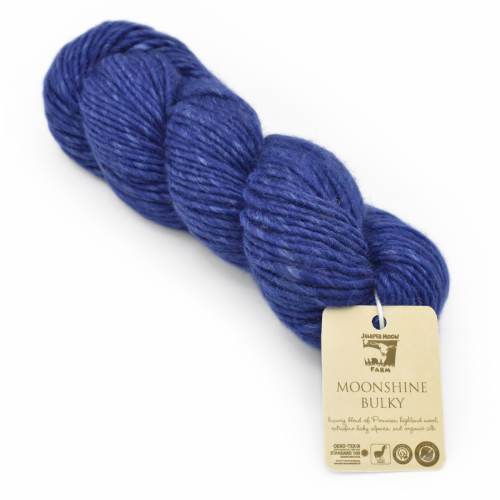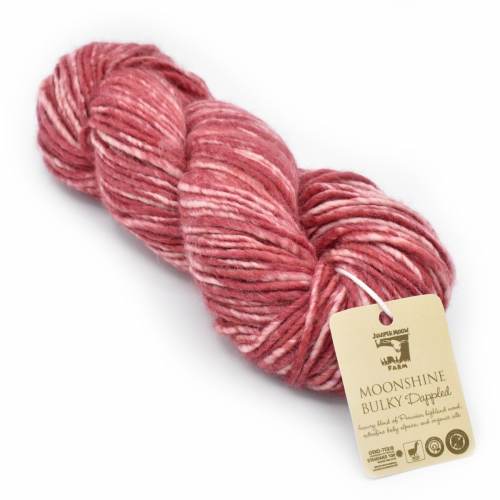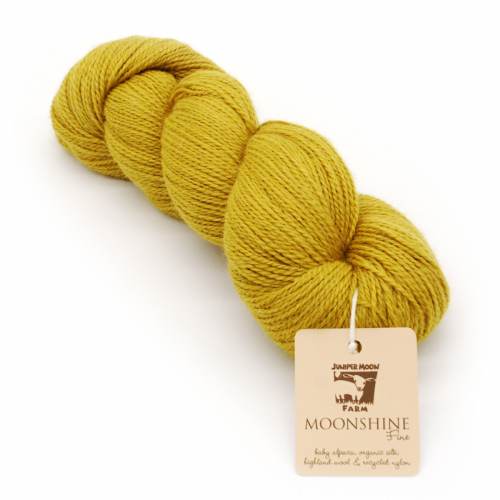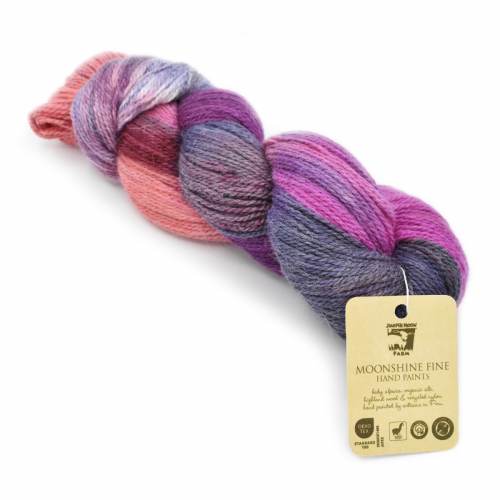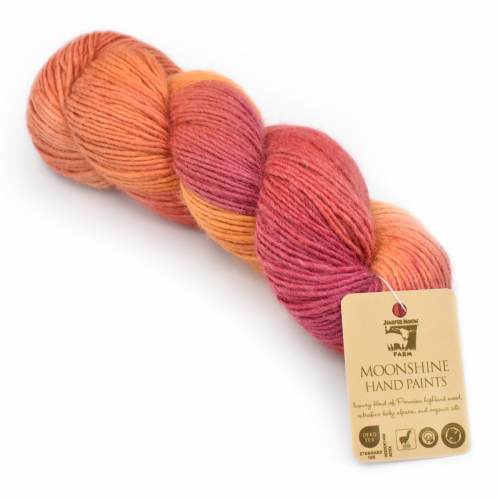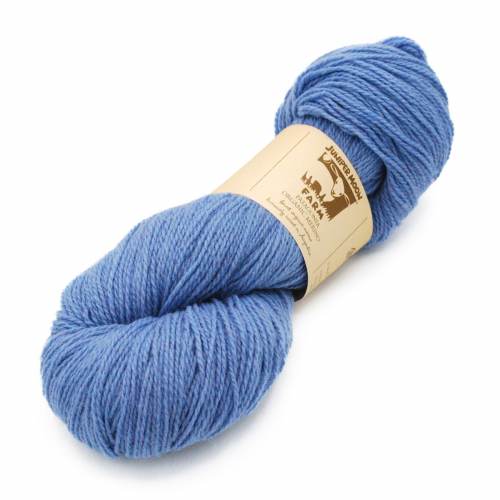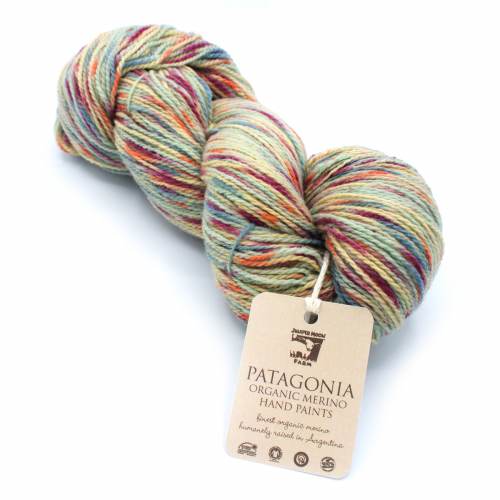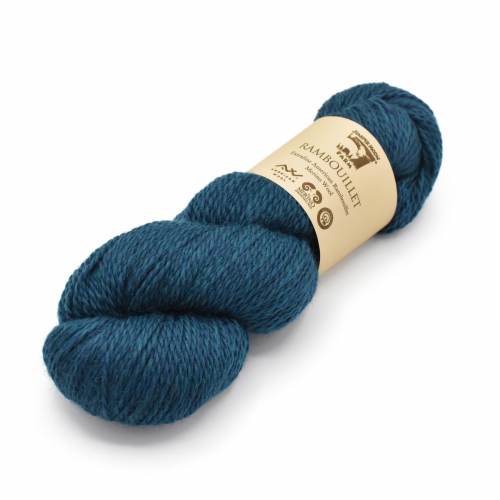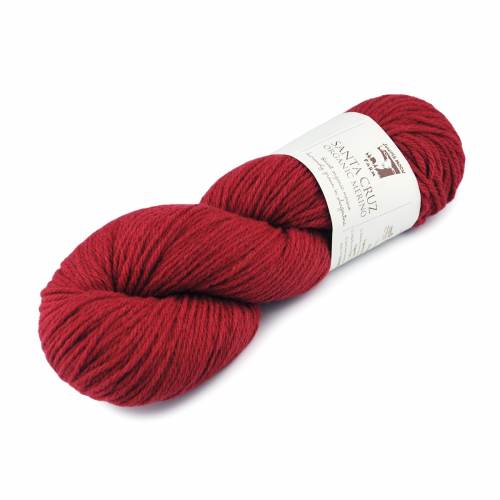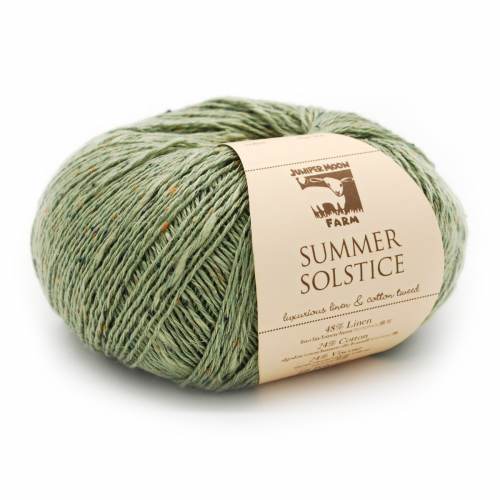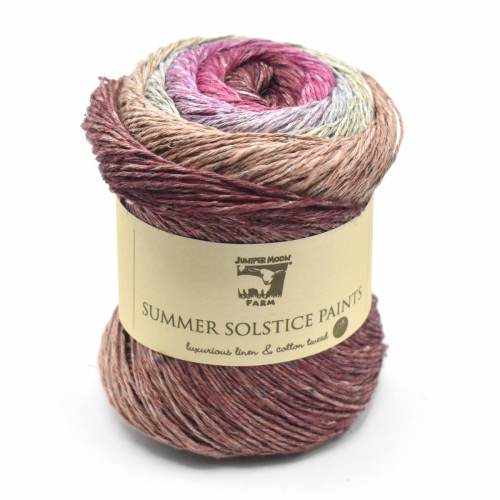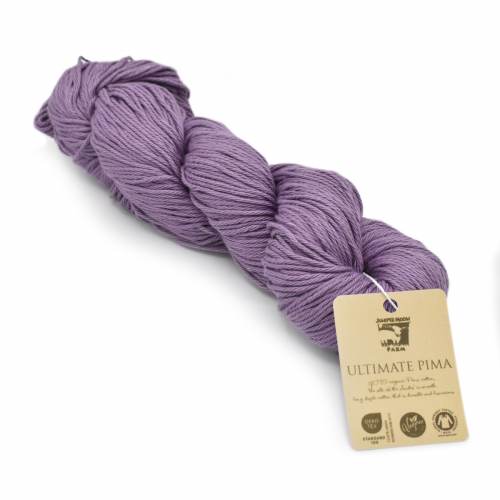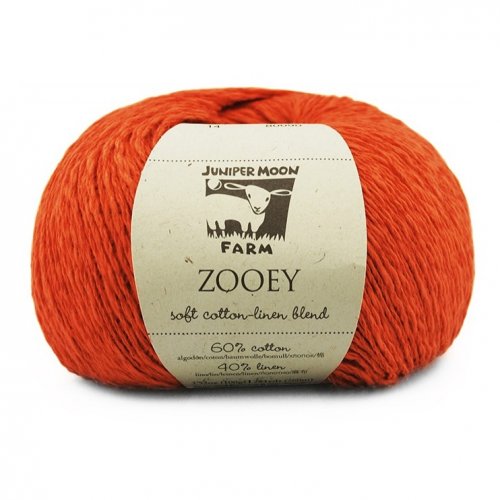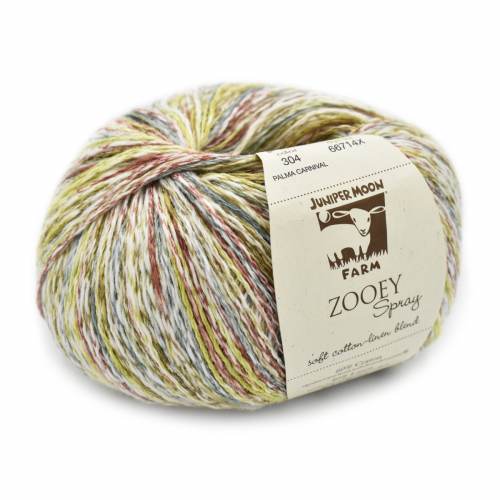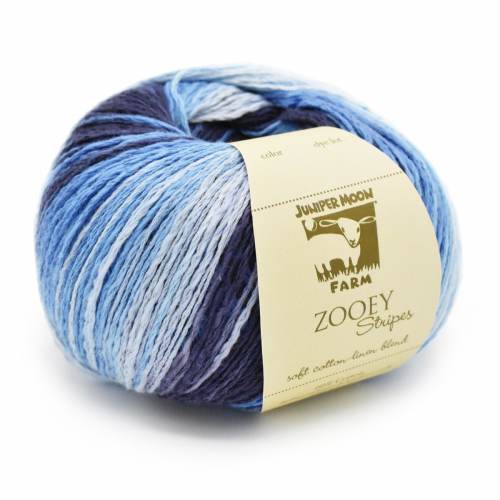Juniper Moon Farm: A Tapestry of Passion, Nature, and Sustainability
Nestled on a picturesque 139-acre farm in Virginia, Juniper Moon Farm began in 2007 as a dream—a small community-supported cooperative with just four sheep and an unyielding passion for fiber farming. From these humble beginnings, the farm's story blossomed, inspiring Knitting Fever to transform that vision into the beloved brand of hand knitting yarns that knitters and fiber artists treasure today.
Juniper Moon Farm has been a beacon for those who value the art of making. With steadfast dedication and a deep respect for tradition, the brand's natural yarns found their way into the hearts—and hands—of knitters across the United States. By 2017, the brand's reach extended beyond US borders, gracing the shelves at hundreds of independently owned yarn shops around the world.
At its core, Juniper Moon Farm is a celebration of craftsmanship and sustainability. Today, the brand offers more than 40 exquisite yarns and nearly 1,000 thoughtfully designed patterns, all rooted in a shared love for nature’s finest materials. Every skein carries the essence of its origins, from the verdant pastures of Argentina and Uruguay to the rugged Peruvian highlands, where the softest Baby Alpaca and organic cotton are lovingly sourced.
But Juniper Moon Farm is more than just yarn—it's a movement. Guided by a commitment to ethical practices, Juniper Moon Farm proudly incorporates certifications like GOTS, OEKO-TEX, MULESING FREE, and American Wool Certification, ensuring that every fiber reflects care for both the planet and the animals that call it home. Each step of the process, from sheep to skein, is steeped in purpose and passion, producing yarns as enduring as the landscapes that inspire them.
Knitting Fever continues to nurture Juniper Moon Farm’s legacy, curating a growing collection of elegant patterns and collaborating with visionary designers around the globe. The result? Timeless creations that honor the artistry of knitting and crochet while embracing the slow, intentional beauty of handmade fashion.
From the rolling hills where sheep graze contentedly under wide blue skies to the spinning wheels where raw fiber is transformed into luxurious yarn, Juniper Moon Farm is a story of harmony: nature, animals, and human hands working together to create something extraordinary. Every strand is a testament to the power of sustainability, craftsmanship, and the quiet magic that connects us to the earth—and to one another.

